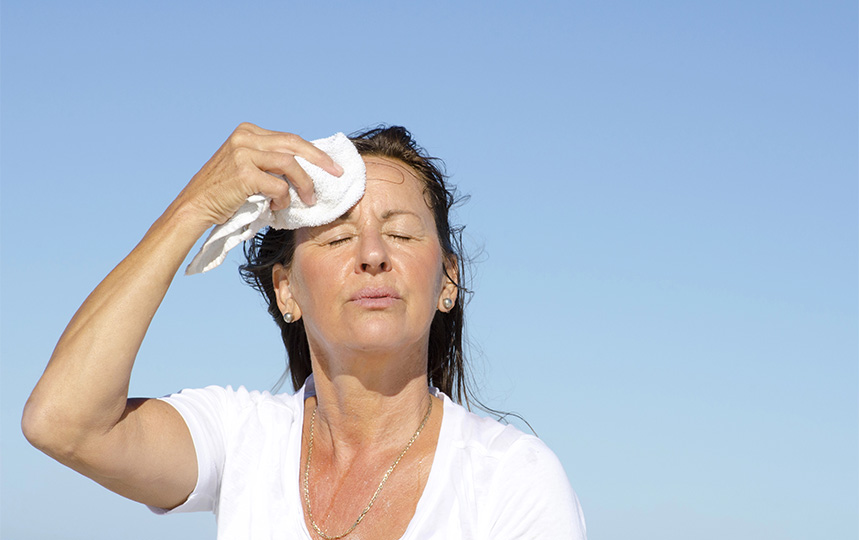Humidity for seniors can significantly impact their health and comfort. As humidity levels rise, older adults are more prone to dehydration, respiratory difficulties, and heat-related illnesses. Understanding these effects will help you safeguard your loved ones’ well-being in humid environments.
Dehydration Risks Due to Humidity
High humidity can quickly lead to dehydration. The body loses more fluids when it sweats excessively, and older adults may not always feel thirsty. Without proper hydration, they are at greater risk of dehydration, which can cause dizziness, fatigue, and confusion.
The elderly often have a reduced ability to regulate their body temperature. This makes them more vulnerable to dehydration in humid conditions. Remind your family member to drink water regularly, even if they do not feel thirsty.
Respiratory Challenges in Humid Conditions
Excessive humidity can exacerbate respiratory problems. For those with pre-existing conditions like asthma or COPD, the air’s moisture can lead to difficulty breathing. You may notice more coughing, wheezing, or shortness of breath in high-humidity environments.
Additionally, mold and mildew thrive in humid areas, which can trigger allergies and respiratory infections. Keeping the home well-ventilated and using a dehumidifier can help maintain a healthier environment for your loved ones.
Heat Exhaustion and Heat Stroke Risks
Humidity not only makes the air feel warmer but also affects the body’s ability to cool down. When sweat does not evaporate due to high humidity, it increases the risk of heat exhaustion. Signs of heat exhaustion in older adults include heavy sweating, dizziness, and muscle cramps.
If heat exhaustion is left untreated, it can lead to heat stroke, a life-threatening condition. Symptoms of heat stroke include confusion, loss of consciousness, and hot, dry skin. To protect your loved one, make sure they stay cool indoors during extremely humid weather.
Sleep Disturbances from High Humidity
Humidity can disrupt your family member’s sleep quality. Humid air makes it harder for the body to cool down at night, causing discomfort. This often results in difficulty falling asleep and staying asleep throughout the night.
Poor sleep can lead to daytime fatigue, mood changes, and weakened immune function. Consider using air conditioning or fans in the bedroom to improve air circulation and create a more comfortable sleeping environment.
Increased Risk of Skin Infections
High humidity can also affect the skin, making it more susceptible to infections. The moisture can create an ideal environment for bacterial and fungal growth, leading to skin conditions such as athlete’s foot or rashes.
Older adults with limited mobility are particularly at risk for skin infections in humid conditions. To reduce the chances of this occurring, encourage your loved ones to wear loose, breathable clothing and keep their skin dry.
Joint Pain and Discomfort
Humidity for seniors can also worsen joint pain. Changes in humidity levels can lead to swelling in the joints, which can be particularly painful for those with arthritis. Humid weather may cause increased stiffness and reduced mobility, making daily activities more challenging.
While it may not be possible to control the weather, helping your family member stay active and use cooling therapies like ice packs can alleviate some discomfort caused by high humidity.
Mental Health Impacts from Humidity
Humidity can affect mental well-being in older adults. The discomfort from heat and humidity, combined with disrupted sleep, can contribute to feelings of irritability and anxiety. Over time, this can take a toll on their overall mood and mental health.
To help your loved ones maintain a positive outlook, encourage regular indoor activities during humid days. Social engagement, light exercise, and relaxation techniques can all help improve mental health in hot, sticky weather.
Managing Humidity for Better Health
There are several steps you can take to manage humidity levels for the elderly in your life. Investing in air conditioning and dehumidifiers is an effective way to keep indoor spaces cool and dry. These appliances reduce moisture in the air, making it easier to breathe and reducing the risk of mold growth.
Encourage your family member to wear light, breathable clothing and avoid outdoor activities during the hottest parts of the day. Seeing to it that they stay hydrated and take frequent breaks in air-conditioned spaces can prevent heat-related illnesses.
Promoting Health and Comfort in Humid Weather
Humidity can create several health challenges for older adults, but with the right care, these effects can be minimized. By understanding the risks of dehydration, respiratory issues, and heat-related illnesses, you can take steps to keep your loved ones safe and comfortable.
Helping them maintain a cool, dry environment, staying hydrated, and providing support during humid weather can significantly improve their overall well-being.







